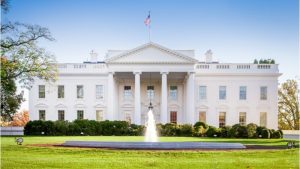A group of 20 leading technology companies signed a pact at the Munich Security Conference Friday to help combat the use of harmful AI-generated content, such as deepfakes, meant to deceive voters in the 2024 elections.
The Jordan School District – one of the largest districts in Utah – is partnering with SchoolAI to bring generative AI technologies into classrooms for personalized one-on-one tutoring, guidance, and support.
The Consortium for School Networking (CoSN) has released its 2024 global Driving K-12 Innovation report, which highlights hurdles, accelerators, and tech enablers impacting education innovation.
Connecticut College, based in New London, Conn., has disclosed a data security incident that was initially detected in March of last year.
The Texas A&M University system has rolled out the TELUS Health Student Support, a free, confidential mental health care app, for its 153,000 students.
Two Pennsylvania state senators are backing legislation aimed at elevating the chief information officer (CIO) of the commonwealth to a cabinet-level position.
District of Columbia Mayor Muriel Bowser signed into effect last week an order that outlines how her administration plans to adopt artificial intelligence (AI) solutions – aligned with D.C.’s values – in government services to better serve Washingtonians.
Alabama Gov. Kay Ivey signed an executive order (EO) that will create a task force to recommend policies for the responsible and effective use of generative artificial intelligence (GenAI) technologies in state executive-branch agencies.
Feds Warn of Chinese Hack Into US Critical Infrastructure
Federal agencies called on all organizations today to urgently implement a series of cybersecurity actions after discovering that a Chinese-based hacking group has compromised the IT environments of multiple U.S. critical infrastructure organizations – with the end goal of a future cyberattack.
The Biden-Harris administration this week announced the creation of the AI Safety Institute Consortium (AISIC), which will unite more than 200 AI creators and users, academics, government and industry researchers, and civil society organizations in support of the development and deployment of safe and trustworthy AI.












